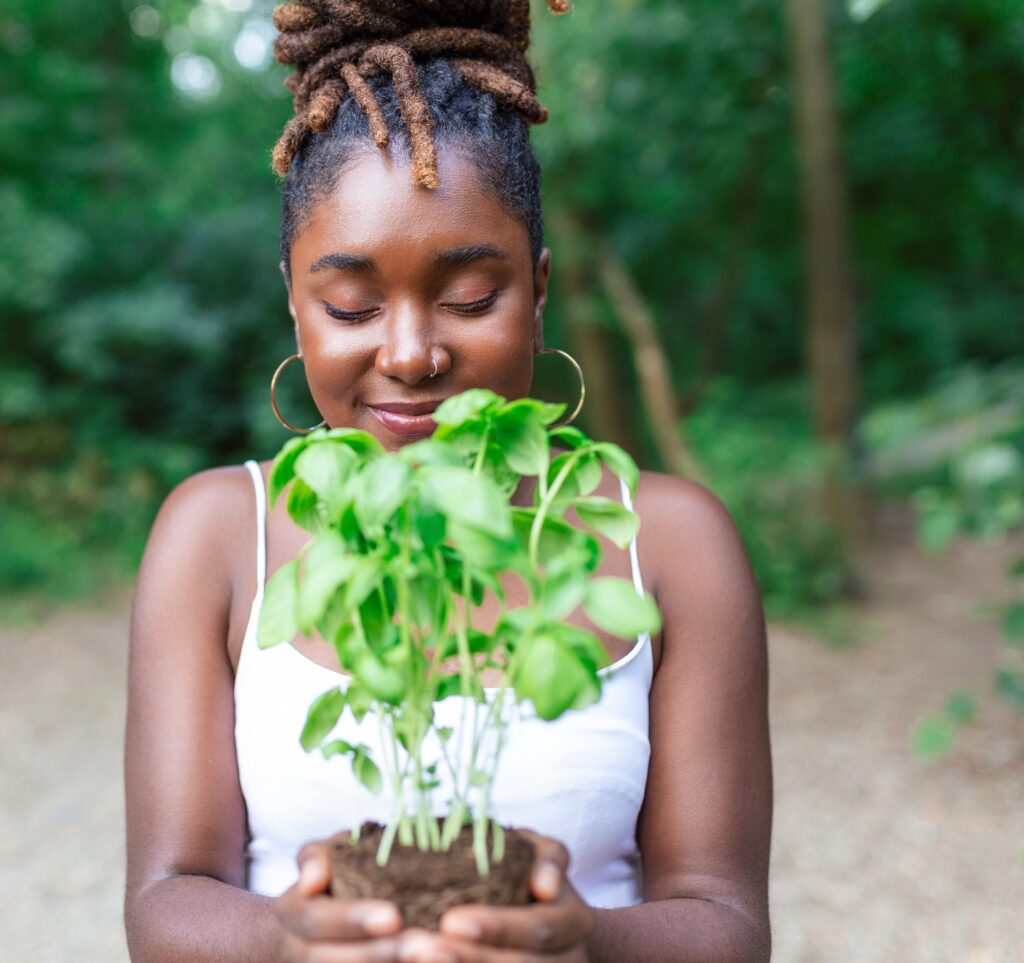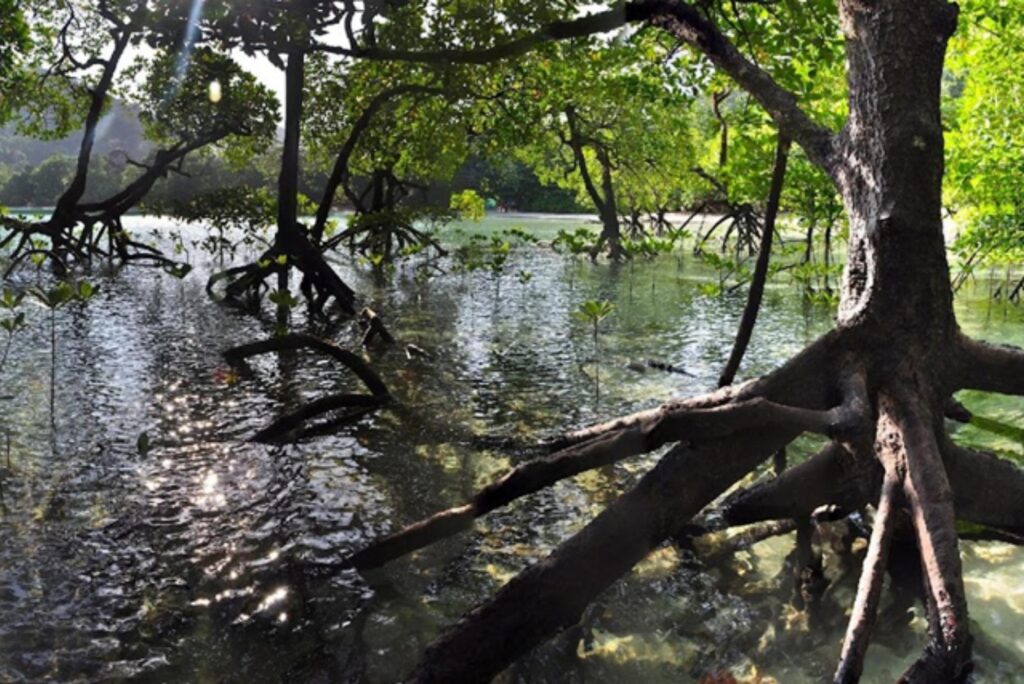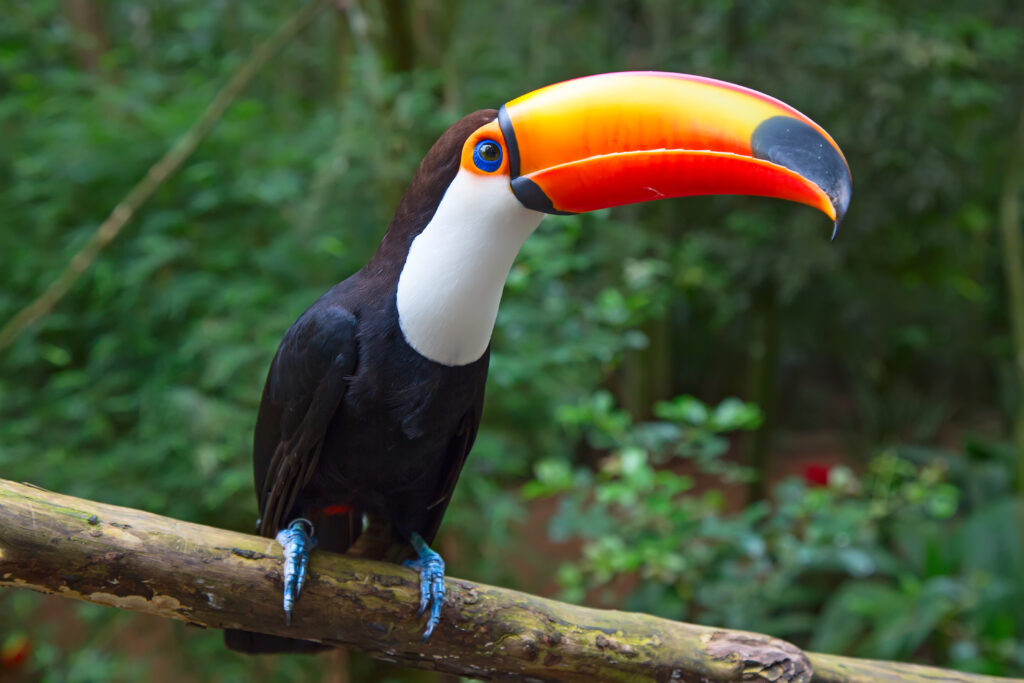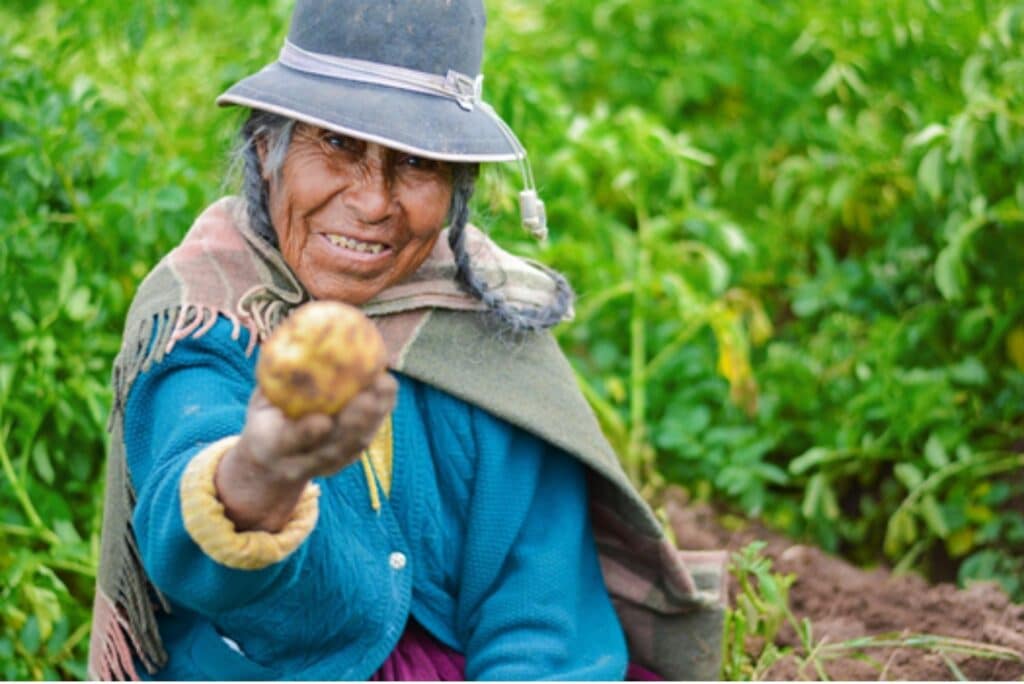Our Projects




Choco, Colombia
The Choco, and particularly in the region of the Alto San Juan, is one of the world’s most biodiverse areas, home to more than 8,000 species of plants and 600 species of birds. In the 2000s, the Choco suffered 60% of the total deforestation in Colombia, mainly due to mining and logging. The project will restore 350 hectares of forest, strengthen economic development and gender equality. Check out our project video!
- Area: 4,000 hectares
- Type of interventions: Reforestation, Conservation
- Certifiers: VERRA,
- Premium Carbon Credits: yes, please inquire
- Commodities: Achiote, Afro-Colombian Medicinal Plants
- Bioenergy: Teak, Royal Palm

PAPUA NEW GUINEA
The PNG project aims to protect and preserve a chunk of the world’s third largest rainforest, which is being threatened by mining and agriculture. In addition to protecting many unique species of birds, animals and plants, this project provides significant social and economic benefits to the local communities in the form of agroforestry systems related to cacao, coconuts, coffee and medicinal plants, destined for food security and international trade. The process will also empower women and indigenous entrepreneurs.
- Area: 148,000 hectares
- Type of interventions: Conservation, Agroforestry
- Certifier: VERRA
- SDGs: 12
- Premium Carbon Credits: yes, please inquire
- Commodities: Cacao, Coconuts, Coffee, Medicinal Plants
- Bioenergy: Oil palm, Royal palm

PANAMA
The Panama Projects aim to guarantee the reforestation and conservation of two areas of native forest and their rich biodiversity, with the aim of establishing carbon capture sinks that allow generating positive economic, environmental and social impacts in the region while working with 3 indigenous communities in the provinces of Bocas del Toro and Darien.
- Area: 1.5 million hectares
- Type of interventions: Reforestation, Conservation
- Certifiers: VERRA, Gold Standard
- SDGs: 12
- Premium Carbon Credits: yes, please inquire
- Commodities: Coconuts, Indigenous Medicinal Plants
- Bioenergy: Teak, Copperwood biomass

MAPIRIPAN
The Mapiripan Project aims to restore the unique highland ecosystems found in the Meta region of Colombia.. Since 2013, it is estimated that in this region over 200,000 hectares of land have been deforested, adding up to nearly 300 million trees cut. This project aims to reforest over 10,000 hectares of degraded land and will be done in collaboration with 12 landowners, making it a project that strengthens the community as well as the ecosystem.
- Area: 11,300 hectares
- Type of interventions: Reforestation
- Certifier: Gold Standard
- SDGs: 12
- Premium Carbon Credits: yes, please inquire
- Commodities: Cacao, Lemongrass
- Bioenergy: Savanna grassland biomass

IBAGUÉ RICE
The project in Ibagué, Colombia involves several rural communities of rice producers, who are learning to practice a sustainable form of agriculture that generates high quality, organic rice crops while lowering carbon emissions. Carbon reduction and capture in the soil is possible from rice agriculture by changing soil tillage practices within agricultural systems, resulting in organic, sustainable, carbon neutral rice.
- Area: 30,000 hectares
- Type of interventions: Carbon Farming
- Certifier: Gold Standard
- SDGs: 12
- Premium Carbon Credits: yes, please inquire
- Commodities: Rice
- Bioenergy: Savanna grassland biomass

CACAO PROGRAM
The Cacao Program of Activities (POA) links rural cacao producers in various departments in Colombia (Meta. Arauca, Cordoba) with cacao producers in Ecuador (Esmeraldas, Santo Domingo) in multiple reforestation and conservation activities working under a single project and methodology, which produces premium quality cacao in a context of agroforestry and maximization of carbon absorption, while empowering indigenous and women cacao producers to access international
- Area: 15,000 hectares
- Type of interventions: Reforestation, Conservation
- Certifier: Gold Standard
- SDGs: 12
- Premium Carbon Credits: yes, please inquire
- Commodities: Cacao, Medicinal Indigenous Plants
- Bioenergy: Teak, Eucalyptus biomass

LA ESPERANZA
This project aims to protect and conserve an important area of tropical, savannah and mountainous forest in La Esperanza, Ecuador, that is under threat from agriculture, mining and logging expansion. This area comprises important species of animals, birds, insects, reptiles, trees and plants that are endemic. The carbon absorption of this forest is very important, and the protection will result in preserving and restoring biodiversity and regulating the local and global climate for many years to come., while empowering the communities living in the forest area to practice sustainable living activities in harmony with the forest’s conservation
- Area: 400,000 hectares
- Type of intervention: Conservation
- Certifier: VERRA
- SDGs: 12
- Premium Carbon Credits: yes, please inquire
- Commodities: Tree tomatoes, Lemongrass
- Bioenergy: Teak, Eucalyptus biomass

PERU
The Peru Project aims to protect and also restore a land of tropical forest of great importance for the region of San Luis de Curaray, in Loreto. This Amazon Rainforest is critically important for biodiversity and climate regulation and includes many species of fauna and flora that are endemic. The project also creates employment in the forestry sector, transportation, and ecotourism, and reduces inequalities in a region with a high poverty index, while directly helping vulnerable groups.
- Area: 325,000 hectares
- Type of interventions: Reforestation, Conservation
- Certifiers VERRA, Gold Standard
- Premium Carbon Credits: yes, please inquire
- Commodities: Cacao, Chestnut
- Bioenergy: Oil palm, royal palm biomass

GUATEMALA
We have a mangrove restoration and conservation project in the Pacific Coast of Guatemala, in the department of El Hawaii. This area is very important for both land and aquatic fauna and flora and for climate regulation for the entire region due to the extended mangrove area, which has been partly deteriorated through human activity and the project will restore and protect. Mangroves capture up to 5 times more carbon than land tropical forests, making them one of the best possible projects for nature-based carbon
- Area: 3,000 hectares
- Type of interventions: Mangrove restoration and conservation (blue carbon)
- Certifiers: VERRA, Gold Standard
- SDGs: 12
- Premium Carbon Credits: yes, please inquire
- Commodities: algae, olivine
- Bioenergy: Teak, Royal Palm

Manaus, Brazil
The region of Manaus in the Amazon rainforest is is incredibly important for our planet, and is known for stablising the global climate, housing incredible ammounts of plants and wildlife, and producing rainfall all around the world. This region had the highest indicator of deforestation in the world in the 2000s. The project will work with Indigenous communities to implement reforestation and agroforestry activities that are respectful of Indigenous practices and culture.

Boreal Forest, Canada
The Boreal Forest, with its rich mix of trees, wetlands, peat and tundra, is a far bigger carbon store than scientists had realised, soaking up 22% of the total carbon stored on the earth’s land surface. Aboriginal populations have looked after this common heritage for centuries, but logging activities have recently threatened this important zone. The project will work with an Aboriginal community, empower women and girls, and conduct reforestation and conservation activities.
